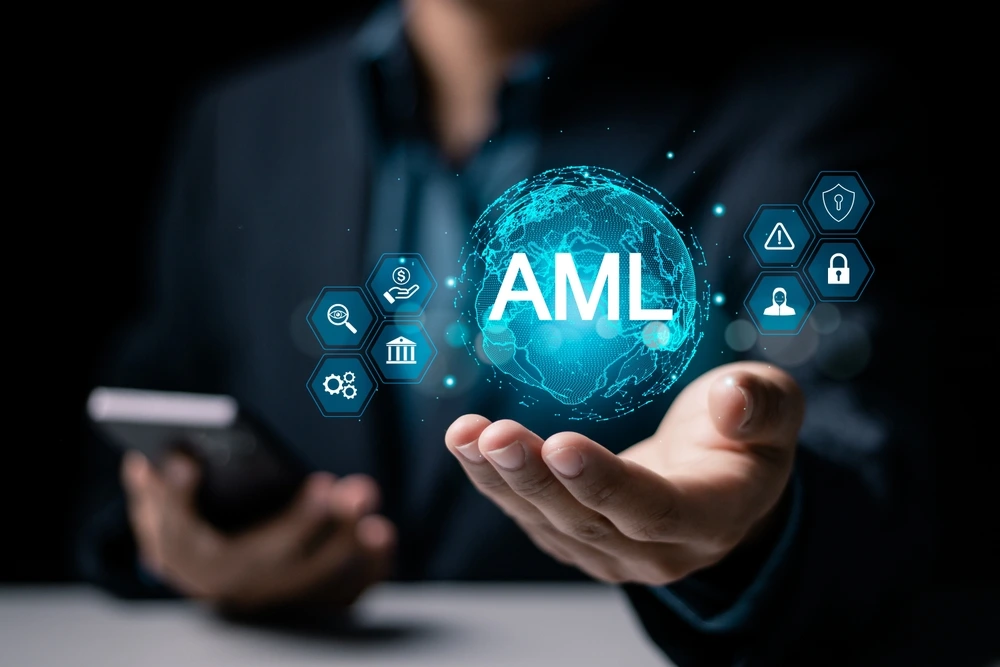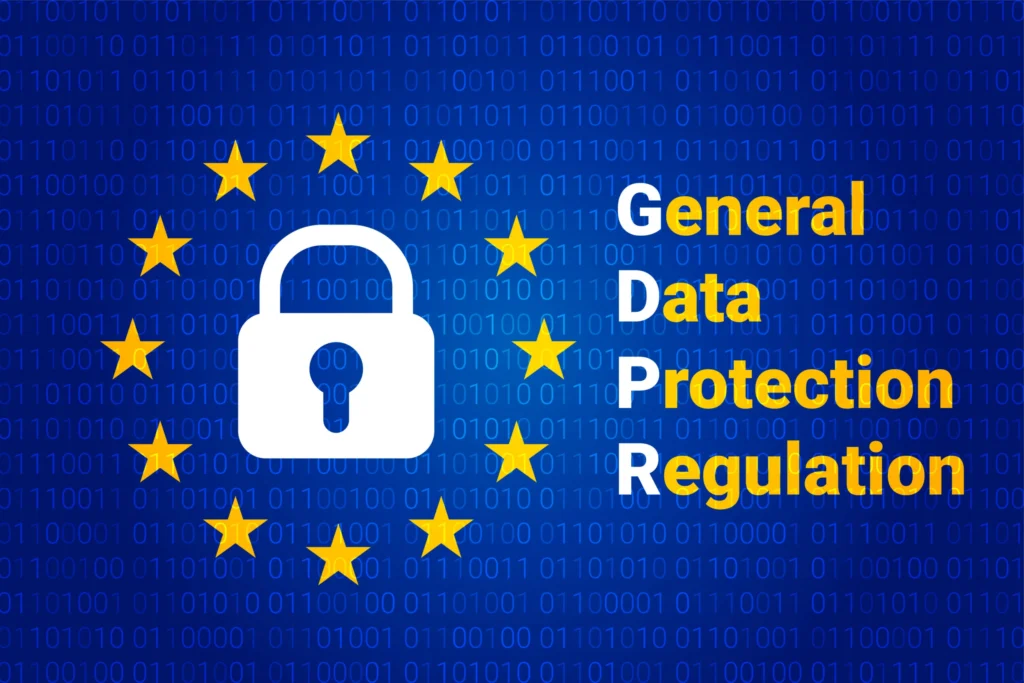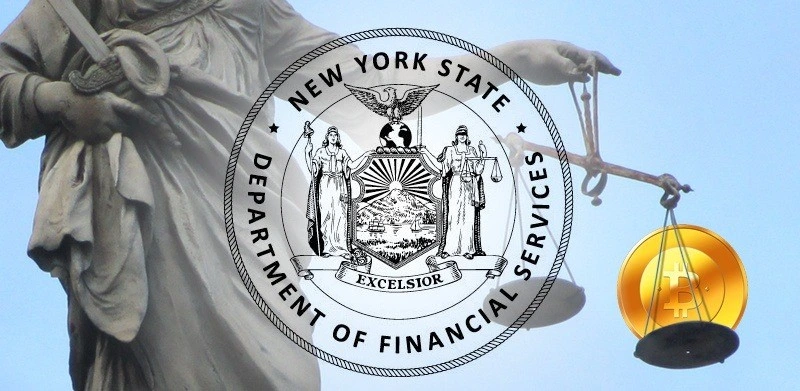Crypto at the Checkout: Legal Considerations for Merchant Adoption
Cryptocurrency is quickly transitioning from a speculative asset to a functional medium of exchange, and many merchants are taking notice. The term merchant crypto adoption now describes a growing trend: businesses accepting cryptocurrencies like Bitcoin, Ethereum, and stablecoins as payment.
But unlike accepting cash or card, crypto involves a new set of regulatory and legal responsibilities that merchants can’t afford to overlook. In this article, we’ll unpack the evolving legal landscape and what businesses need to know before jumping in.
Merchant Crypto Adoption: Understanding Crypto as a Payment Method

Legally speaking, cryptocurrency is treated differently depending on where you operate. In the U.S., for example, the IRS classifies crypto as property, not currency. That means every time a merchant receives crypto, it could be a taxable event.
This classification requires businesses to:
- Record the fair market value of crypto at the time of receipt
- Track gains or losses if they later convert or use the crypto
- Maintain accurate, audit-ready records for tax filings
Ignoring these requirements could result in penalties or audits, so the compliance burden is real.
AML and KYC: Are Merchants Subject to These Laws?


Most merchants aren’t directly classified as money service businesses (MSBs) unless they convert crypto or hold funds on behalf of others. However, depending on their operations and jurisdictions, some businesses may fall under anti-money laundering (AML) and know-your-customer (KYC) regulations.
Using third-party crypto payment processors—like BitPay or Coinbase Commerce—can reduce this risk. These providers typically handle the regulatory heavy lifting, including KYC compliance and transaction screening.
Still, merchants should vet their providers carefully and understand whether they inherit any liability for illegal transactions or customer behavior.
Consumer Protection Laws Still Apply

Whether a customer pays in fiat or crypto, consumer protection laws don’t disappear. Refunds, chargebacks, delivery guarantees, and returns must still be honored based on the jurisdiction’s commercial code or consumer protection frameworks.
However, crypto transactions are often irreversible, making traditional chargebacks impossible. This is good news for fraud reduction, but it can complicate dispute resolution if a customer raises concerns.
Merchants should establish and clearly communicate crypto-specific refund and exchange policies to stay compliant and minimize misunderstandings.
Cross-Border Compliance Gets Tricky

Crypto’s borderless nature is both a blessing and a challenge. If a U.S.-based merchant accepts a payment from a buyer in Europe or Asia, they may inadvertently trigger international tax liabilities or data protection rules such as the EU’s General Data Protection Regulation (GDPR).
In addition, some countries restrict or ban the use of cryptocurrencies entirely. Merchants must ensure that they’re not violating foreign exchange laws, sanctions regulations, or import/export rules when accepting crypto internationally.
Legal counsel familiar with global financial regulations can be a valuable partner here.
Smart Contract Risks and Platform Reliability

Some crypto payments are executed via smart contracts—self-executing code on a blockchain. While efficient, these contracts can introduce legal ambiguity if something goes wrong (e.g., coding error, service outage).
Since smart contracts are not universally recognized as legally binding, merchants should not rely solely on blockchain technology for enforceable terms. A traditional, written agreement (TOS or invoice) should always support the transaction.
Moreover, the legal enforceability of digital assets and blockchain contracts varies by jurisdiction. It’s best to consult an attorney when automating any part of the payment process.
Stablecoins: A Regulatory Gray Zone

Many merchants prefer stablecoins like USDC or USDT to avoid volatility—but even these are drawing regulatory scrutiny.
Governments are beginning to propose frameworks to classify and supervise stablecoins as financial instruments. For merchants, this means:
- The regulatory environment could change fast
- Existing legal obligations may soon extend to stablecoin transactions
- Stablecoin issuers could be subject to banking regulations, which might affect usability or liquidity
Merchants should monitor developments closely and stay flexible with payment processor options.
Licensing: Do You Need One to Accept Crypto?

In most cases, accepting crypto as payment for goods or services does not require a special license. However, converting crypto into fiat or offering exchange services might trigger licensing requirements under financial laws (such as a BitLicense in New York).
Merchants should also confirm they’re complying with state-level money transmitter laws, which vary significantly across the U.S.
When in doubt, it’s wise to consult both a CPA and a fintech-savvy lawyer before scaling up a crypto offering.
Conclusion: Merchant Crypto Adoption Requires More Than a Wallet

There’s no question that merchant crypto adoption is growing—but so is the legal complexity around it. Businesses looking to accept crypto must do more than just enable the option. They must understand the financial, tax, and regulatory framework that governs this innovative (but still maturing) payment method.
Whether you’re a small business testing the waters or a global brand exploring digital asset integration, one thing is clear: informed compliance is not optional. By staying proactive and compliant, merchants can embrace crypto confidently—and legally.
Relevent news: Here



